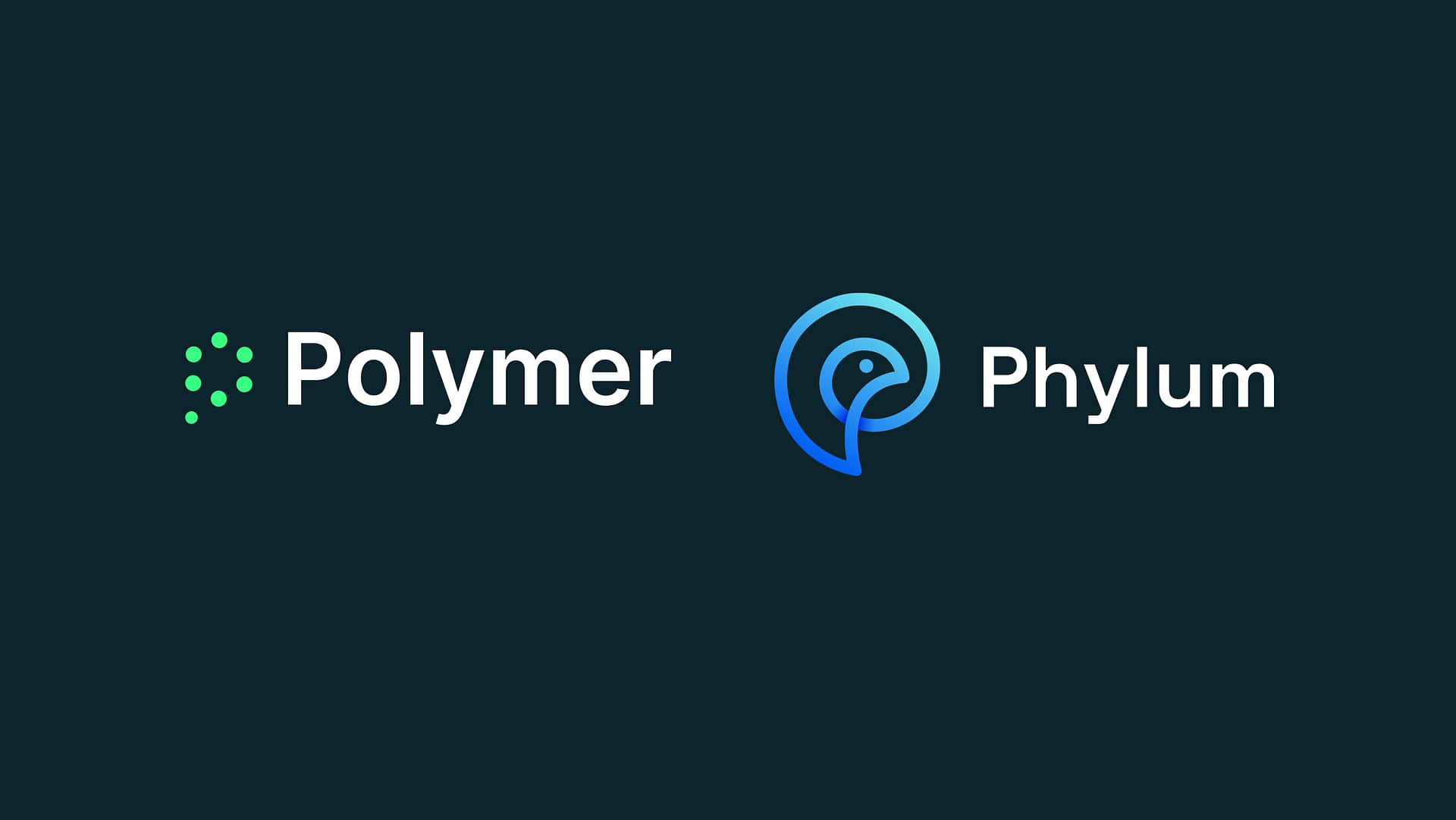From drug discovery to enhanced diagnosis to HR processes, the applications for AI across the healthcare ecosystem are almost endless. With these systems relying so heavily on data, it’s natural that the role of the Chief Information Security Officer (CISO) is entering a new era.
While two years ago, just 19% of CISOs sat on the board, today that number has doubled. In the coming years, the CISOs role as a key decision-maker will cement itself, and their colleagues will look to them to intelligently weigh up the risks and rewards of AI.
AI & healthcare: The next frontier
AI has the potential to unlock $1 trillion of unrealized value in the healthcare industry. Picture automation stepping in to eradicate painstakingly monotonous tasks, clinical data spanning years becoming instantly accessible, and R&D becoming quicker and more accurate than ever.
This promising transformation is what AI brings to the healthcare sector. However, even as healthcare organizations experiment with AI, just a mere 6% have embraced a defined AI strategy. This is a concerning gap, especially considering that AI ingests immense volumes of data, much of which is sensitive patient information.
This is precisely where the Chief Information Security Officer (CISO) steps in. With the responsibility of steering diligent and secure AI adoption, these executives will play a pivotal role in ensuring that AI adoption triggers benefits rather than risks.
The evolving role of the healthcare CISO
As the AI landscape rapidly reshapes the healthcare ecosystem, CISOs find themselves at a crossroads. Their role–once siloed from the rest of the board–will no longer be an isolated function, but a collaborative effort that permeates every corner of the organization.
The CISO, expected to be armed with a comprehensive understanding of AI’s implications, will step up to guide their business towards robust cybersecurity practices that align with AI-based healthcare goals.
This transformation isn’t just about protecting data; it’s about steering the organization toward a secure, innovative, and ethically sound future. In this new paradigm, the CISO’s role will involve…
AI-driven security challenges
For all its promises, each new AI application comes with its own set of potential risks and challenges, and one paramount concern revolves around safeguarding patients’ personally identifiable information and protected health information.
Open-source generative AI tools, for example, don’t always guarantee the level of security required to shield sensitive data. Additionally, generative AI has the capacity to leverage this data to enhance its model training, raising ethical questions about privacy and consent–while putting organizations at odds with compliance mandates.
We must also remember that the integration of generative AI platforms with other hospital systems, such as billing or administrative tools, poses a risk of unintended data leaks, potentially compromising patient privacy and the overall security of the healthcare infrastructure.
Of course, stalling progress isn’t an option. Healthcare workers are overburdened and the sector is notoriously understaffed. AI holds immense promise to boost productivity and efficiency–and organizations will look to their CISOs to assume the role of architects.
Indeed, it will be up to the CISO to navigate the intricate balance between the risks and rewards of generative AI technologies. They must possess a deep understanding of these emerging technologies, proactively managing the associated challenges, while also harnessing the benefits they bring.
Addressing privacy concerns
Within the framework of the EU AI Act, Chief Information Security Officers (CISOs) have been rightfully dubbed as “Ambassadors of Trust.” Their evolving role not only involves ensuring AI deployment aligns with compliance requirements like HIPAA and the GDPR but also presents a golden opportunity to elevate their organization’s risk management strategies.
In the past, the rapid rush of introducing new technologies means that security and privacy often found themselves relegated to the back seat. Whether driven by business motives, budget constraints, or the sheer momentum of innovation, these crucial considerations have long been overlooked, addressed belatedly in the adoption cycle, often after widespread unregulated use had taken hold.
With the advent of AI in healthcare, the CISO has an opportunity to shape best practices and exert influence over the trajectory of AI development, ensuring they prioritize the safety and privacy of individuals, as well as the security of the organizations they serve. By championing these critical aspects, CISOs can ensure that technological evolution takes place responsibly and compliantly.
Embedding trust
Creating a foundation of trust is essential as we weave AI technologies seamlessly into the fabric of healthcare. This trust isn’t just a bridge connecting healthcare professionals, patients, and stakeholders—it’s the bedrock upon which the reliability and acceptance of AI stand.
Navigating this terrain involves nurturing trust among caregivers and clinicians. These experts have long relied on their experience to shape treatment plans. Asking them to embrace algorithms can trigger skepticism and caution. Plus, the credibility of data driving these algorithms has been debated since IoT sensors entered healthcare.
Equally vital is instilling trust within the patient community. As AI-driven insights and algorithmic treatment options gradually gain prominence, patients, especially as our population ages, are embracing the tech shift–but one bad experience could undermine their trust.
With that in mind, CISOs must orchestrate a multifaceted strategy to build well-founded trust. Transparent AI systems are crucial—unveiling the inner workings of algorithms and communicating their potential and limitations openly. Robust data governance is also key, ensuring that the data feeding these algorithms remains untainted.
To achieve this, collaboration across all stakeholders will be pivotal, ensuring AI aligns with the values, expectations, and needs of both healthcare professionals, patients and compliance mandates.
What to do next
Ultimately, the integration of AI applications in healthcare is a journey of risks and rewards. To strike the right balance, CISOs must embrace the role of leader, collaborating across functions to create comprehensive risk and legal frameworks, encompassing factors like data security, AI bias and transparency, and regulatory compliance.
Of course, as CISOs scramble to put guardrails around generative AI usage, they must also be aware that their people aren’t waiting. Research shows numerous functions within the healthcare ecosystem are already experimenting with AI – regardless of whether there are official rules in place or not.
For CISOs, then, the most immediate action to take centers around bringing security, privacy and transparency to AI tools as quickly as possible. And that’s where Polymer data loss prevention (DLP) for AI comes in.
Polymer DLP for AI gives healthcare organizations the opportunity to leverage the benefits of Generative AI tools like ChatGPT while maintaining privacy, security, and compliance and fostering responsible and ethical AI usage within the organization.
We have infused our no-code tool with natural language processing (NLP) to seamlessly and intelligently redact unstructured, in-motion PII with contextual awareness across Generative AI platforms and cloud apps like Slack, Teams and Dropbox.
Our tool protects data autonomously on your behalf, automatically reducing the risks of Generative AI data exposure without you having to lift a finger. Rather than rely on agents or coding, our solution integrates effortlessly with the APIs used by ChatGPT and other platforms.
With Polymer DLP by your side, you can focus on building business reliance and solidifying your risk management practices for AI, confident that company and patient information is safe and secure.
To delve deeper into the intersection of DLP and AI, read our recent whitepaper. And if you’re ready to experience the power of Polymer DLP for AI firsthand, our sales team is just a message away. Contact sales@polymerhq.io to get started.








